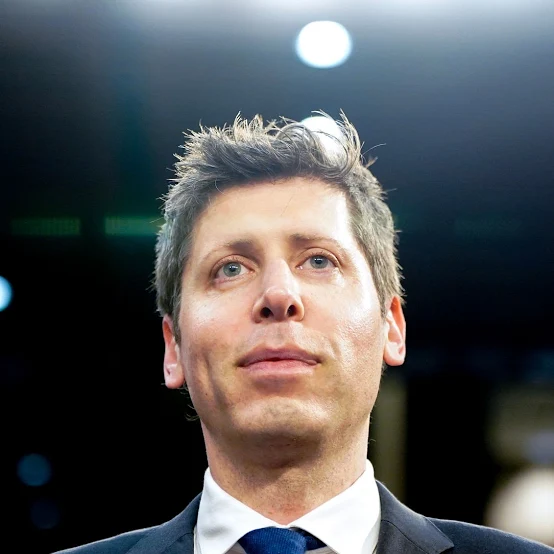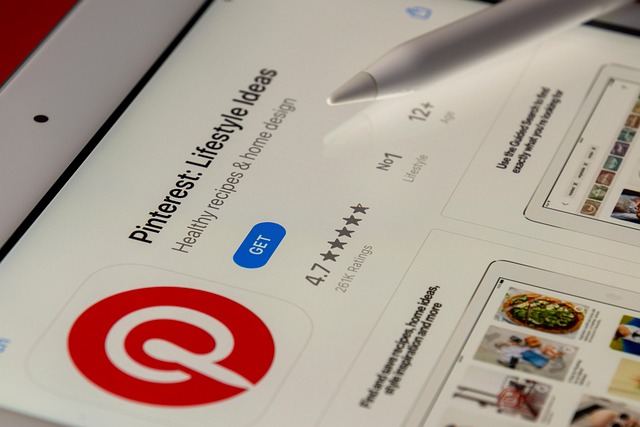In a new essay titled “The Gentle Singularity,” OpenAI CEO Sam Altman outlines his vision for how artificial intelligence will shape society over the next 15 years. Altman suggests that by 2026, we may witness AI systems capable of producing novel insights — a major milestone in the development of artificial general intelligence (AGI).
Known for his forward-looking essays, Altman presents a future in which AI dramatically transforms areas like work, energy, and social structures. While his tone remains cautiously optimistic, his message hints at significant progress being made at OpenAI.
One key takeaway from the essay is Altman’s belief that AI models will soon move beyond simply mimicking human input to generating truly original ideas. This aligns with OpenAI’s recent developments — in April, President Greg Brockman highlighted that their o3 and o4-mini models were already assisting scientists in producing new, valuable ideas.
Other companies are also exploring this frontier. Google recently unveiled AlphaEvolve, a coding AI that has reportedly developed new methods for solving complex mathematical problems. FutureHouse, a startup backed by former Google CEO Eric Schmidt, claims its AI has made a legitimate scientific discovery. Similarly, Anthropic has launched a research initiative aimed at pushing AI’s role in science.
If successful, these innovations could automate critical parts of the scientific process, leading to breakthroughs in fields like drug discovery, materials science, and beyond.
This isn’t the first time Altman has used a blog post to signal OpenAI’s direction. In January, he predicted 2025 would be the year of AI agents. Soon after, OpenAI launched its first agent-based tools: Operator, Deep Research, and Codex.
However, generating truly original insights is a tougher challenge than building AI agents. Some experts remain skeptical. Thomas Wolf, Chief Science Officer at Hugging Face, has argued that current AI lacks the ability to ask meaningful scientific questions. Former OpenAI researcher Kenneth Stanley, now leading a $200 million startup called Lila Sciences, says creating AI with a sense of creativity and relevance is a major hurdle.
While OpenAI’s goals are ambitious, Altman’s essay offers a glimpse into what could be a transformative chapter in AI’s evolution — one where machines don't just assist, but actually advance human knowledge.










